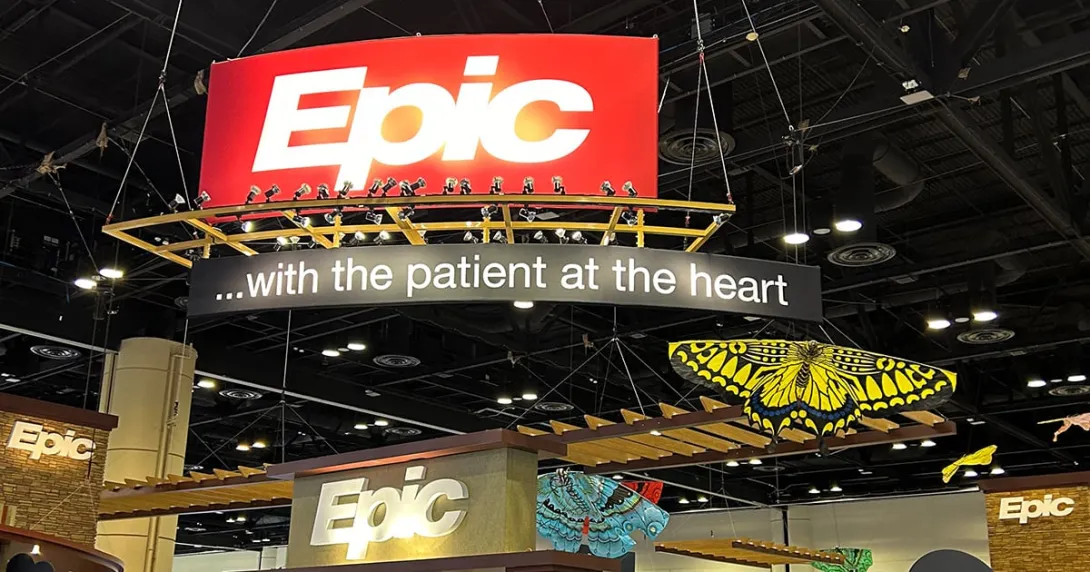Huntington Memorial Hospital, an active teaching facility based in Pasadena, Calif., has implemented a new CT system to provide improved workflow in its high-volume emergency room.
The Aquilion ONE CT system, created by Toshiba Medical Systems, is designed to take entire brain and heart images in a single rotation in less than a second. The solution is one of the first to display a 4D perspective of real-time brain activity and heartbeat and was developed to expel a lower radiation dose and provide less contrast, helping to give to the patient a safer experience
“The Aquilion ONE’s uniquely comprehensive exam will reduce the diagnosis time for patients suffering from life-threatening conditions, like chest pain and stroke,” said Christopher G. Hedley, the hospital's medical director of radiology. “Its ability to show real-time organ function, image patients quickly and perform multiple tests will improve patient care by empowering us to make a more accurate diagnosis faster than ever before.”
The hospital’s ER was designed to serve 30,000 patient visits annually but treats upwards of 60,000, officials said. With that in mind, Huntington is looking to expand its ER capacity to treat 80,000-90,000 patients. Officials say the Aquilion ONE should help improve workflow and improve quality of care by speeding up the scanning process for critical cases.
In addition to helping improve ER workflow, Huntington Hospital will use the CT system for other radiology, neurology, and cardiology patients not admitted to the ER.
“The Aquilion ONE is designed to handle high-volume emergency settings as well as the everyday radiology needs of hospitals,” said Doug Ryan, senior director of Toshiba's CT business unit. “The Aquilion ONE’s ability to replace multiple tests, increase diagnostic confidence and reduce exam time while lowering radiation dose will improve workflow and patient care at Huntington Memorial Hospital while helping to lower healthcare costs.”


